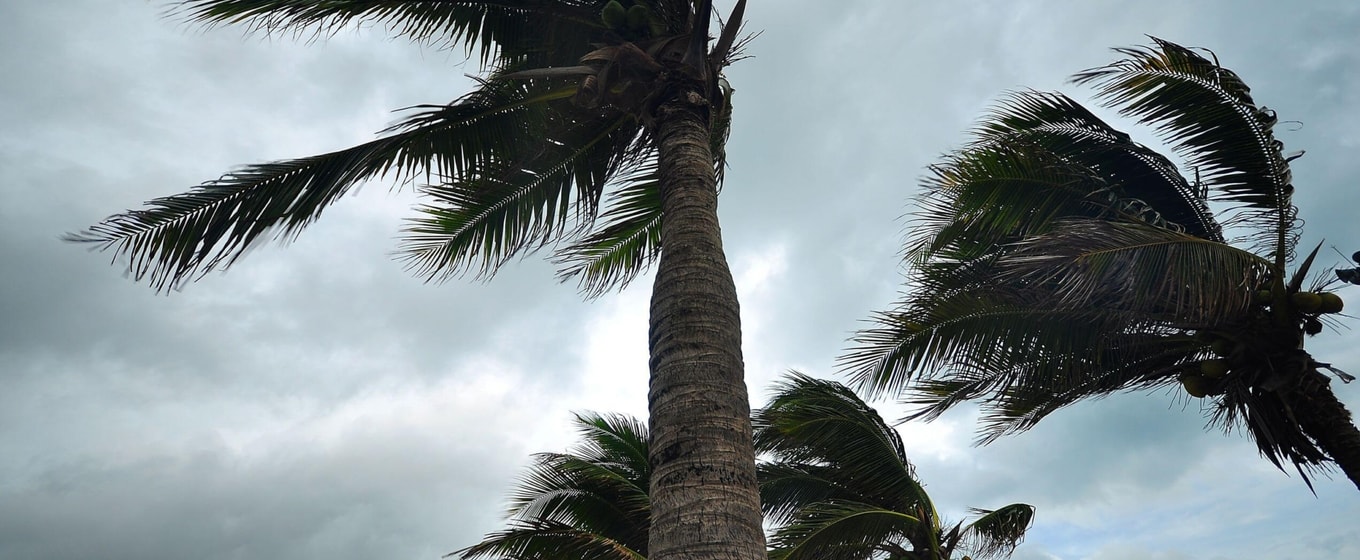We are lucky in the UK that natural disasters are a pretty rare occurrence, however as we've seen over in the US and other parts of the world, Mother Nature can have devastating consequences on small businesses. I'm a firm believer in the old scouts motto 'Always be Prepared' so here's a quick three step guide to help you prepare, just in case.
- Get Your Business Insured Speak to your insurers about your options for natural disaster cover. If you own your own premises, you can get Business Interruption Cover to insure the physical premises. If you lease your premises, the action you can take will be dependent on the terms of your lease, the terms of your landlord’s buildings insurance, and the extent of the damage. If your lease allows you to serve notice at any time, you can of course do so immediately.There may be a clause in your lease that states what happens if the premises become unusable, and this could include the termination of the lease or a reduction in rent. However, the landlord may argue that the damage is minor and that you can continue to occupy it, or they may insist on making a claim via their own insurers before making a decision. This could take several weeks or even months.Alternatively, you may seek to negotiate a mutually acceptable solution with the landlord.
2. Make a Plan
Most of the time, natural disasters come out of the blue. So, it's important to come up with a good plan before a potential crisis occurs. Remember, it's better to have a plan and not need it than need it and not have one. Which employees will be in charge of certain things in an emergency? How do you notify customers/clients/suppliers? Is you business data and information backed up and secure?
3. Keep your eye on the ball
This doesn't mean looking at the weather forecast every day. Although that isn't necessarily a bad idea. Make sure you understand exactly what you're covered for and when it expires. Make sure payments are current as a natural disaster won't wait for you to pay your last bill. Understand what level of compensation you and your employees would be entitled to in such a situation






These cookies are set by a range of social media services that we have added to the site to enable you to share our content with your friends and networks. They are capable of tracking your browser across other sites and building up a profile of your interests. This may impact the content and messages you see on other websites you visit.
If you do not allow these cookies you may not be able to use or see these sharing tools.